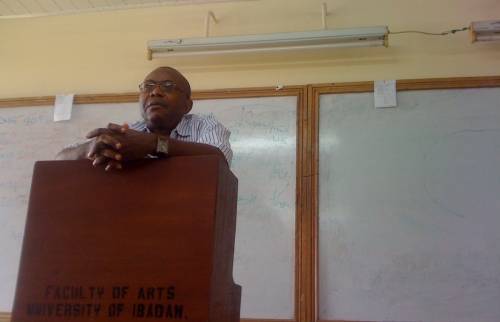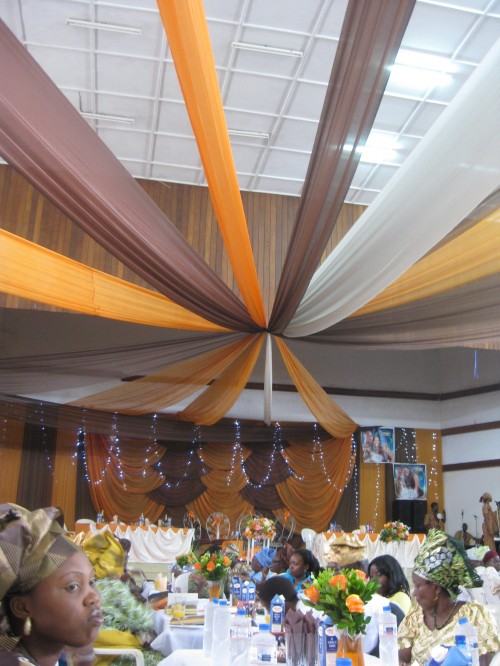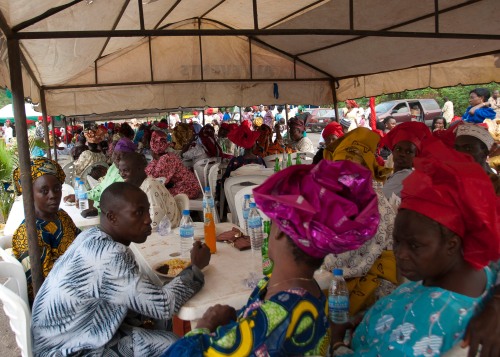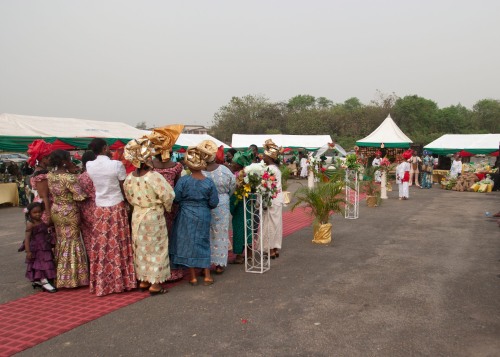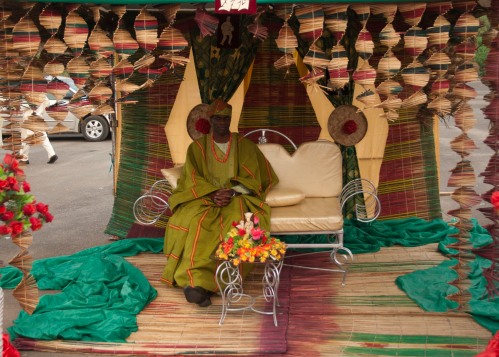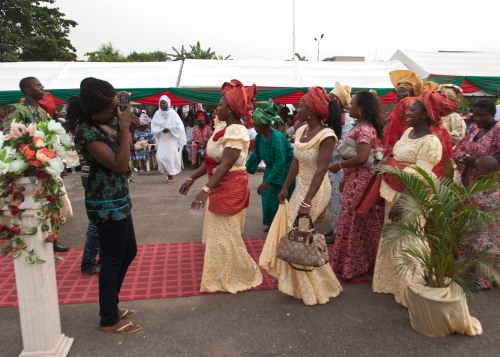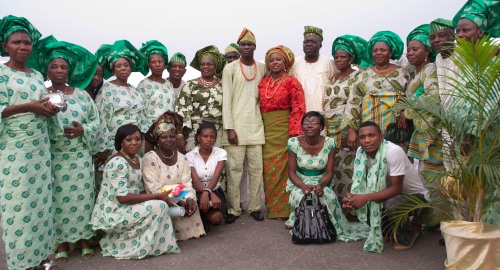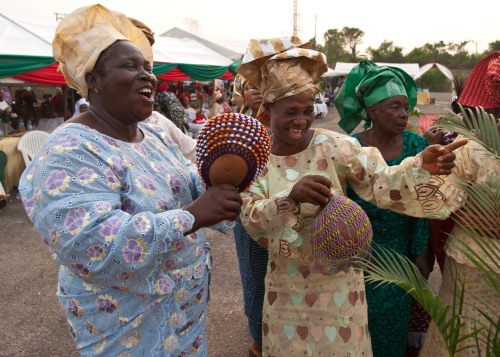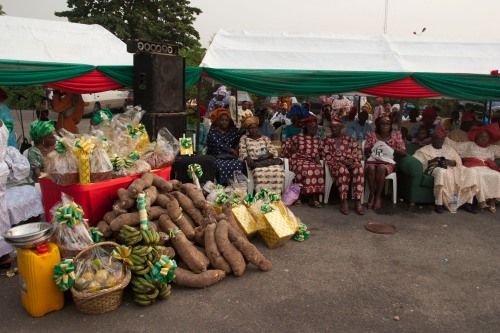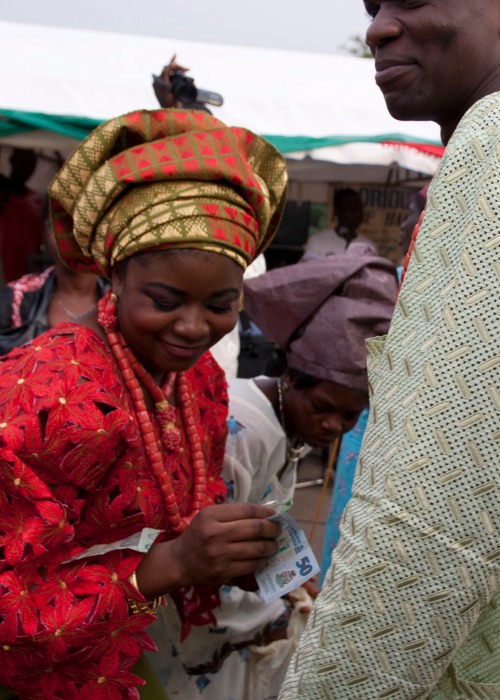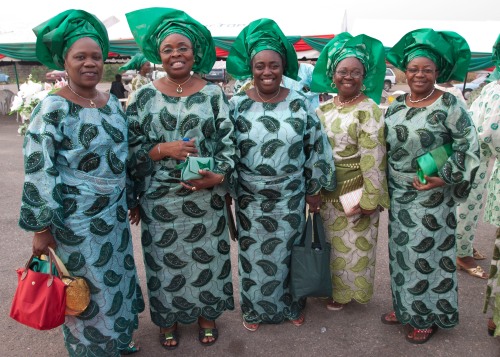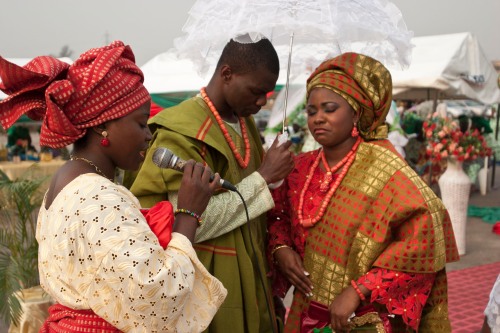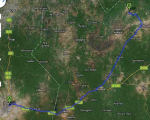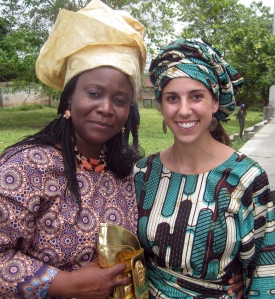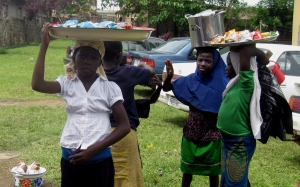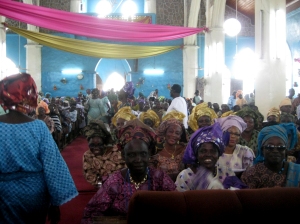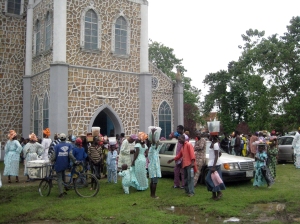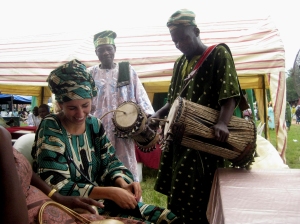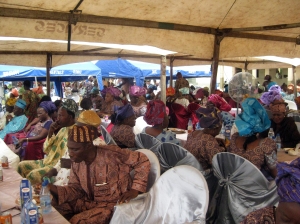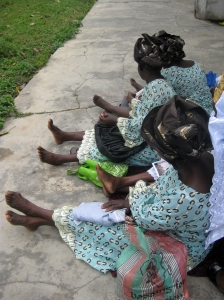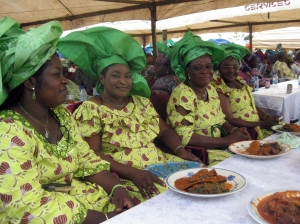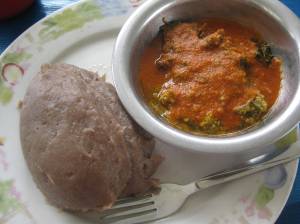Nigeria is suffering from an epidemic that it doesn’t have a vaccine. To date, no known researchers are trying to find a cure, but the outbreak is rampant and unavoidable. Surprisingly, the ailment has a comprehensive Wikipedia page, legitimizing it as an acknowledged phenomenon. The case is known as African Time or more specifically, Nigerian Time. No one has reported any deaths resulting directly from African Time, but thousands of people report headaches, delays, missed opportunities and schedule changes daily.
African Time is the tendency to a relaxed, indifferent attitude towards time and starting events or arriving at meetings/classes/parties at their scheduled times. It is the acceptance that nothing will start at the absolute time indicated on the schedule. It is holding a University class for 10 a.m. and the professor repeatedly showing up at 10:15. It is going to see a play at the theater that says 7 p.m. on the ticket, and characters take the stage at 7:30. You will never see an event in Nigeria that starts at 9:15 or 5:45, none of those odd number times. Events are scheduled on the hour because it is simply understood that the chance of people arriving exactly 15 minutes past nine is miniscule. People indicate start times on posters or invitations a full hour before they intend to really start anticipating people will be that late. You frequently see “6 p.m. prompt” on invitations- a valiant effort to curb the tardiness. Ironically, Nigerians love watches. Boys are always walking through traffic selling sleek knock-off watches, but apparently the time pieces don’t serve such a practical purpose. Not every institution or person runs on this leisurely clock, but it is clearly visible everyday and sometimes inevitable because of society here.
Africans are not always to blame for showing up 30 minutes late to the group meeting. Sometimes there are good excuses out of a person’s control: public transportation is one of them. The chaotic route of mini-busses (danfos) and motorbikes (okadas) that constitutes public transportation does not operate on a schedule. You cannot go to http://www.Danfo.com and see a to-the-minute schedule of when a certain danfo will be arriving at a given bus stop. You go to the bus stop, or the side of the road and wait until you see one of those dilapidated white busses zip by. (For the speed racer way the bus, taxi and okada drivers drive you should think Nigerians would be on time for everything. One of the ironies of African Time.) Traffic poses another problem. Unexpected stand still traffic jams caused by trucks that break down in the middle of the road are frequent. I have learned that the term ETA (Estimated Time of Arrival) does not work here because anything could happen on the way and we don’t have the luxury of continual traffic updates to keep us privy to road blocks. Then there is the problem of constantly losing electricity that puts a damper on plans overall.
In the U.S. and many other countries, we live our lives by the hands on the clock. They tell us when we are busy and when we are free, when we need to be somewhere and when we can leave. In Nigeria, time adapts to the situation. If Yoruba class is scheduled for 3 p.m. and there is a massive rain fall at 2:50 p.m., you can be sure no students will show up on time. The tricky thing about African Time is you know it will be late, but you don’t know exactly how late. 10 minutes? 20? 40? It can be a very problematic guessing game sometimes.
The U.S. has it’s mini-version of African Time, we call it being “fashionably late,” but it applies strictly to parties. It’s common knowledge that it is not cool to be the first one at a party. But if you showed up to a meeting at your workplace 20 minutes after it stared and said, “I am just running fashionably late,” your co-workers would look at you like a crazy person. In Nigeria, if you arrive at the meeting 20 minutes after the scheduled start time, it is likely it still won’t have started.
